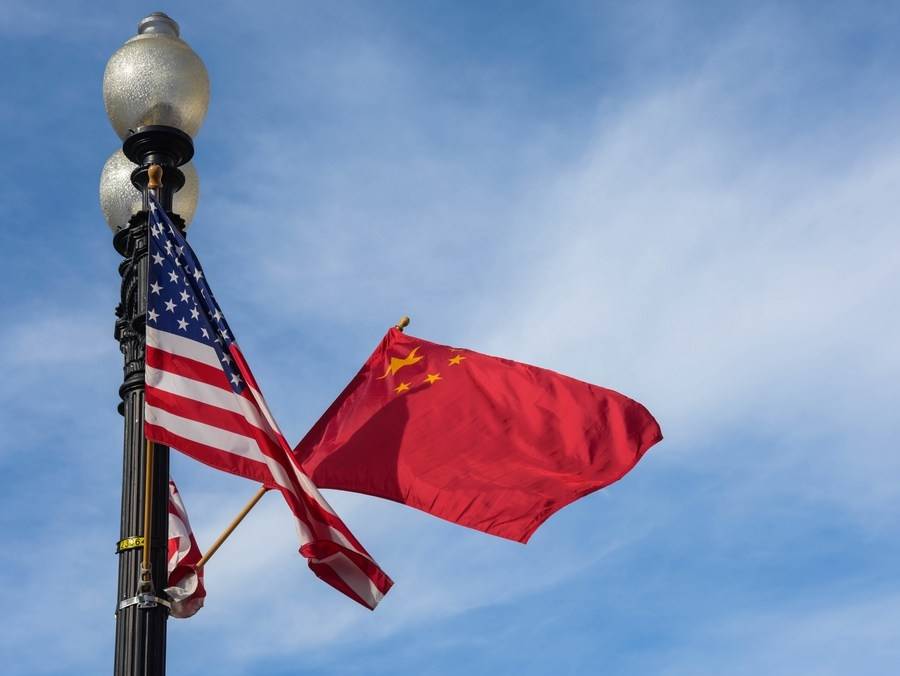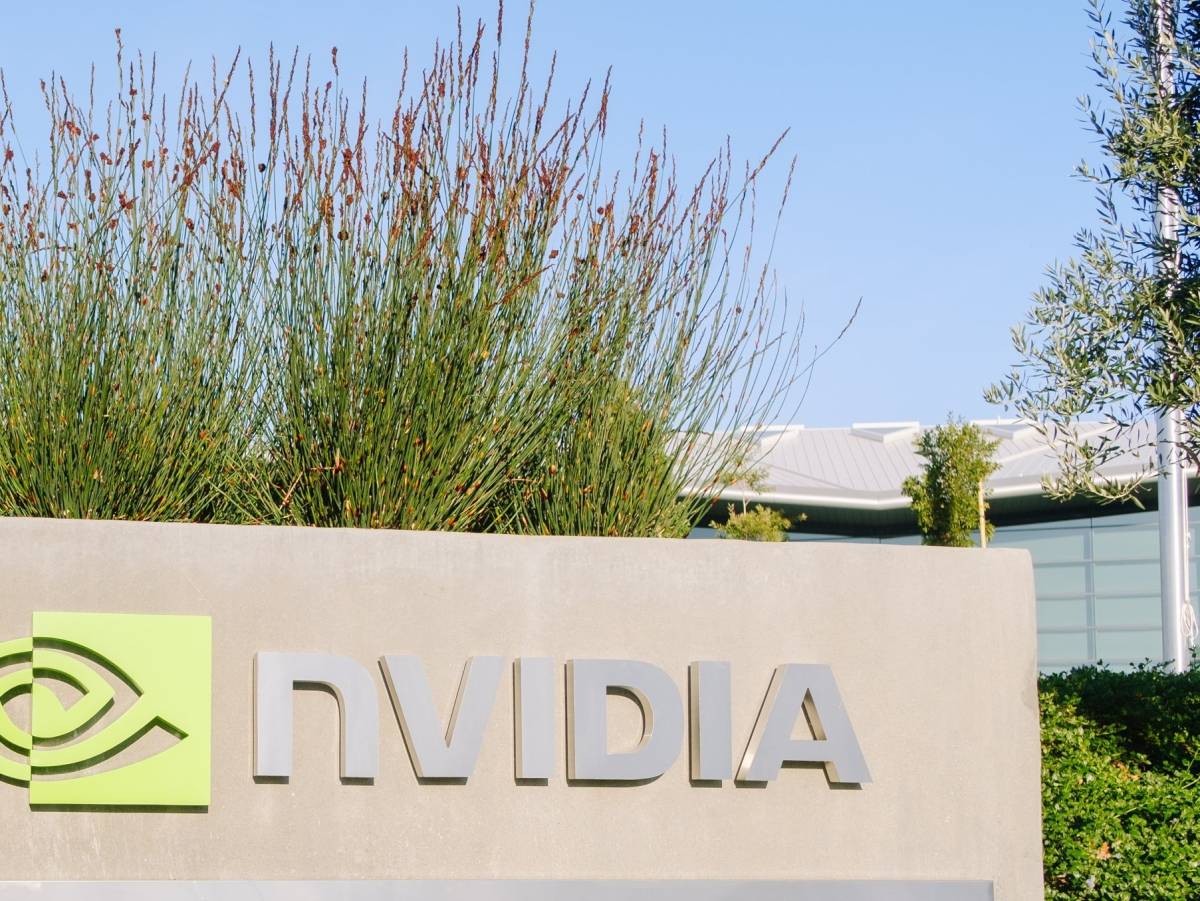US officials told Nvidia that the requirement was due to a potential risk of the products being used by, or diverted to, a “military end user,” ..reports Asian Lite News
The US government has ordered graphics chip giant Nvidia and semiconductor manufacturer AMD not to sell their artificial intelligence (AI) chips to China over national security concerns.
In a filing with the US Securities and Exchange Commission (SEC), Nvidia said the Joe Biden administration told the company “about a new license requirement for future exports to China, including Hong Kong, to reduce the risk that the products may be used by the Chinese military”.
US officials told Nvidia that the requirement was due to a potential risk of the products being used by, or diverted to, a “military end user,” CNN reported.
Nvidia shares fell 6.5 per cent in extended trading on Wednesday after the news came out.

The company expects the move will cost it $400 million in potential sales in China in the current quarter. The new restrictions will hamper the sale of Nvidia’s A100 and forthcoming H100 integrated circuits, and any systems that include them, to China.
“We are working with our customers in China to satisfy their planned or future purchases with alternative products and may seek licenses where replacements aren’t sufficient,” a Nvidia spokesperson was quoted as saying.
AMD told CNN Business it had also been given new requirements by the US Department of Commerce that will hit shipments of its “MI250 integrated circuits to China”.
“At this time, we do not believe that shipments of MI100 integrated circuits are impacted by the new requirements. We do not currently believe it is a material impact on our business,” said AMD.
The restrictions also extend to Russia but both the US-based companies do not ship any products to Russia.
Industry analyst Ming-Chi Kuo tweeted on Thursday that China leads the world in AI patent filing, “and US’s restriction on AI chip sales would secure the US lead in the AI area”.
“It is worth noting whether Chinese clients will directly/indirectly place rush orders to increase inventory to reduce the potential risk from US gov’s possible expansion of sales restrictions. If so, that might benefit supply chain utilization rates in the short term,” he mentioned.
Kuo said that the impact of the sales restriction on suppliers such as TSMC is limited, but investors worry that the US government “may expand restrictions on more chips which could affect more server-related or other products” and this “uncertainty could be a structural risk for the semiconductor sector”.














